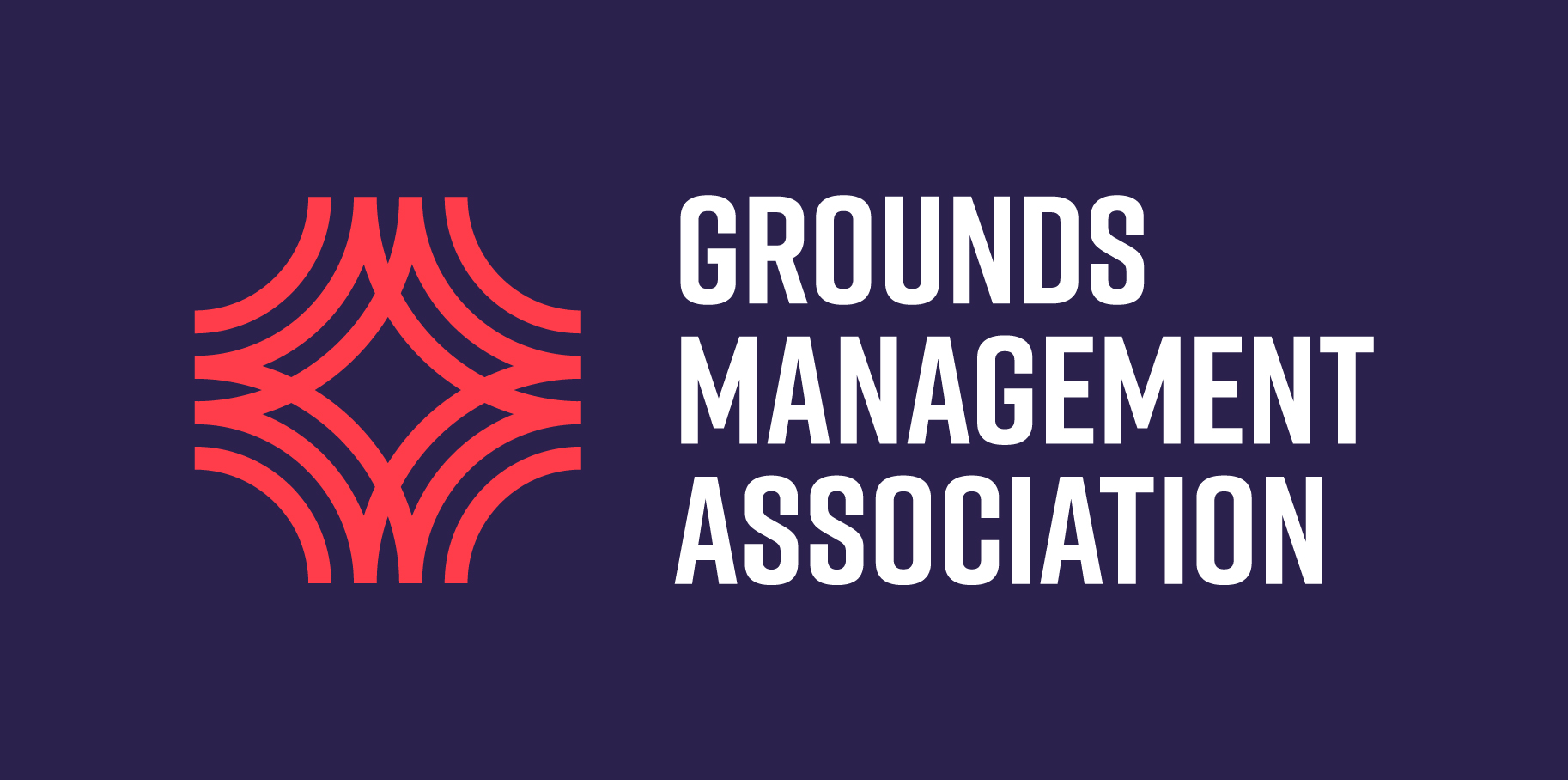
To coincide with the publication of the GMA’s Annual Salary Framework Report, we offer some work-based negotiation tips
Don't say "more pay please"
Find something you have that is of real value – something you can negotiate with. It’s not about asking: it is about trading. You have something your employer wants and the value of what is wanted has not yet been agreed (with you).
Start the discussion
Get a discussion going around the concerns you have about your future. This could include pay rises, improved conditions and opportunities for development. You want to be absolutely clear on how these are earned.
Dealing with a negative first response
If your employer’s reaction is something like “I would pay you more myself, but it’s not my decision”, then ask: “How can I help you with it? What do you need from me?” One way you can help is to have two shopping lists. The first could have ‘no’ or ‘low-cost’ items that are of value to you and are relatively easy for your employer to give you. If your employer resists some of the items on this list then suggest a trial period, then a review.
Typical first list
- You attend and eventually participate in higher-level management meetings
- You contribute to and ‘sign-off’ policy documents
- You visit other organisations to research ‘best practice’
- You take all purchasing decisions for your unit
- You take charge of your unit’s pay budget
Typical second list
- Pay increases – automatic, earned or incremental
- Cost saving incentives – where you get a share of any savings you make
- More pay for extra qualifications/responsibility
- Overtime/extra hours rate
- Extra holiday leave
What are you offering in return? For example:
- Cost savings
- Greater productivity
- More leave in lieu of a pay rise
- Additional responsibilities to come to your level
- Your loyalty for the next two or three years. The bigger the rise the greater the loyalty.
Always ask for more than you want
This is so that your employers can ‘knock you down’ and feel that they have won. Move politely from ‘concerns’ to tentative proposals to suit both parties. Make as many as you can so you can ‘trade’ them later.
Listen carefully and note employer reactions. Ask for counter proposals. Give understanding nods when you hear your employer’s concerns and summarise reactions, saying: “I want to get this right.”
It is vital to preface every firm proposal with the words: “If you … then I”. For example, “if you (agree to an increased training budget), then I (will report clear benefits to the organisation of every training course attended).”
Make a deal, congratulate the other side on a job well done and immediately write up your understanding of the arrangement.
Remember there is no win or lose in negotiation, just more negotiation next year and the year after.
These tips were provided by Frank Newberry, Trainer and SALTEX Job Clinic Host. If you have a question about this subject, contact Frank via: franknewberry.com
